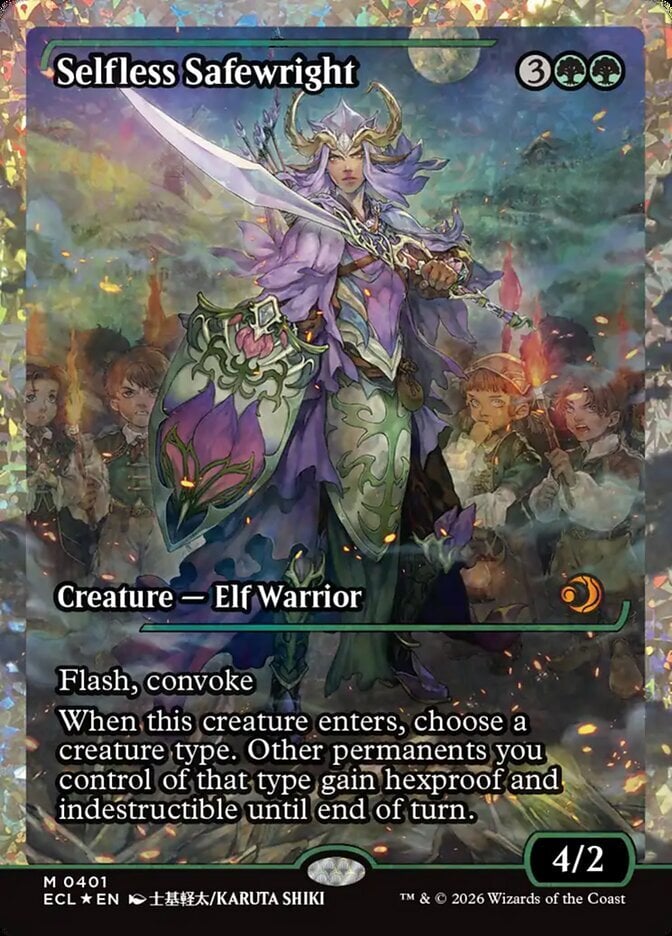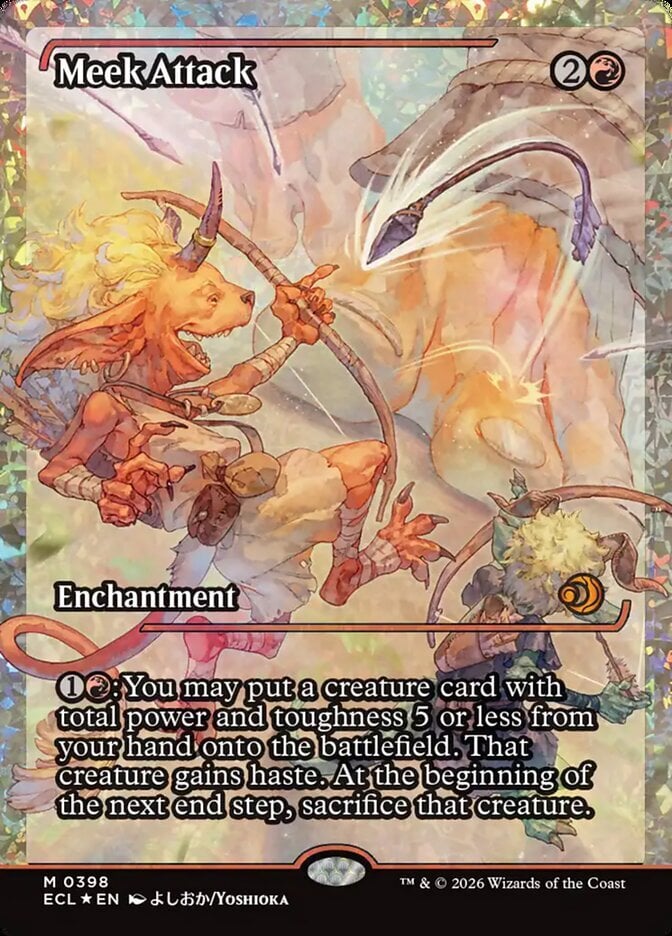Hello,
I'm looking to sell a few cards through PayPal but have a few questions. When selling will I be notified of someone sending money/do I need to request money? Will there be a fee for selling through PayPal, if so, what is the preferred method of exchanging money? What sort of information needs to be provided?
Sorry for asking some newer questions, I'm just looking for some concise answers from beginning to end of PayPal. I already have an account, but I am very curious as to how I can use this for future transactions. Thanks for any help
I'm looking to sell a few cards through PayPal but have a few questions. When selling will I be notified of someone sending money/do I need to request money? Will there be a fee for selling through PayPal, if so, what is the preferred method of exchanging money? What sort of information needs to be provided?
Sorry for asking some newer questions, I'm just looking for some concise answers from beginning to end of PayPal. I already have an account, but I am very curious as to how I can use this for future transactions. Thanks for any help

